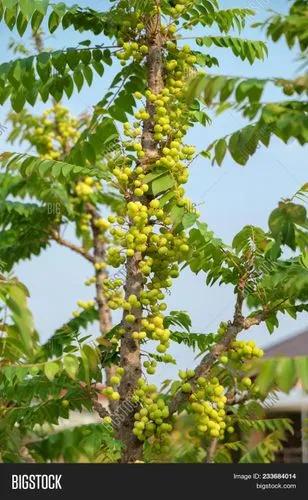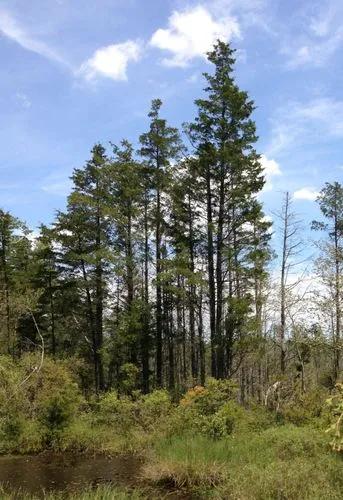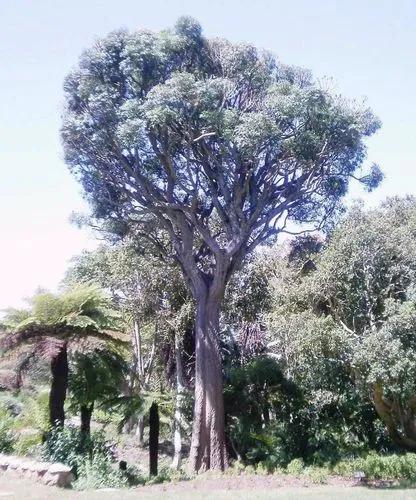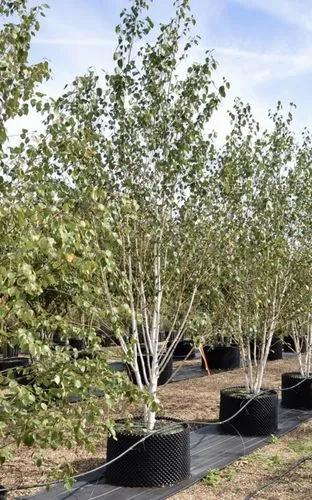Sorbus torminalis, with common names wild service tree, chequers, and checker tree, is a species of tree in the mountain ash or rowan genus (Sorbus) of the rose family (Rosaceae), that is native to Europe, parts of northern Africa and western Asia.
Wild Service Tree Care
Sorbus Torminalis



Sorbus torminalis, commonly known as wild service tree or chequer tree, is a deciduous tree with upright sweeping branches and a rounded crown. It typically matures to 50-70’ tall. It is native to woodland areas in Europe, western Asia, and northern Africa. It is particularly noted for its attractive form, shaggy bark, white spring flowers, edible berry-like fruits (which mature in fall), lobed maple-like leaves, and yellow-orange-red fall color. Flowers (to 5/8” across) with 5 white petals and 15-20 white stamens bloom in loose inflorescences (corymbs to 5” across) in late spring to early summer. Flowers give way to small, yellowish-brown, berry-like pomes (to ½” long) which ripen in fall. Fruit is inedible until over ripe (almost rotting). Fruit was regularly consumed by humans (picked when ripe and bletted) in some parts of its native range until the early 1800s. Seeds contain small amounts of hydrogen cyanide, which is reportedly not dangerous to humans in small quantities. Broad-ovate bright green leaves (to 3-5” long) have 5-9 deep acute lobes and serrate edges. Leaves are glossy green above and light green below, often turning excellent shades of bronze-yellow to red in fall.
How to Care for the Plant

Popularity

93 people already have this plant 26 people have added this plant to their wishlists
Discover more plants with the list below
Popular articles






